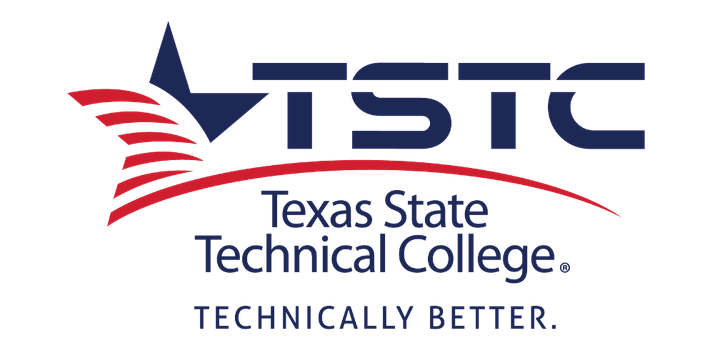Texas Workforce Commission celebrates National Apprenticeship Day
AUSTIN – The Texas Workforce Commission is celebrating April 30 as National Apprenticeship Day. The nationwide event highlights the significant growth of apprenticeship programs over recent years and showcases how they are developing a highly skilled workforce.
“TWC’s ApprenticeshipTexas effort helps employers address critical hiring needs and add skilled workers to the Lone Star State’s workforce,” said TWC Chairman Bryan Daniel. “TWC provides support for both new and expanding apprenticeship opportunities across Texas.”
An apprenticeship is a training model that combines on-the-job learning with classroom instruction. Workers earn competitive wages as they gain the knowledge and experience to grow in their careers. TWC works with employers to support the more than 960 registered apprenticeship programs in Texas. Texas recorded more than 37,000 at the start of 2025, and additional growth is expected by 2026. The training model is successful.
“The Texas Workforce Commission recognizes the increasing demand for apprenticeship programs among Texans seeking to acquire new skills, advance their careers, and achieve financial stability,” TWC Commissioner Representing Labor Alberto Treviño III said. “These programs are vital not only to maintaining employment for Texans but also to fostering a culture of continuous learning, enabling them to prosper in our evolving economy.”
“Employers are looking for employees who demonstrate both technical and work readiness skills, and apprenticeships can serve as proof that a worker is prepared to step into a job and contribute from day one,” said TWC Commissioner Representing Employers Joe Esparza. “I encourage employers to explore how TWC can help them develop new apprenticeship programs to train their future workforce and meet their business needs.”
TWC offers a variety of apprenticeship programs to support both employers and apprentices, including:
• Apprenticeship Expansion: Funds local workforce development boards, community colleges, and education service centers to grow and modernize existing registered apprenticeships.
• Pre-Apprenticeship Pathways: Prepares Texans to become apprenticeship-ready by partnering with community colleges, public independent school districts, and apprenticeship committees.
• Transitioning Veterans to Apprenticeships: Provides funding to nonprofit organizations that help military veterans and transitioning service members enter registered apprenticeships.
• Critical Skills Apprenticeships: Encourages employers to use apprenticeships for training employees in high-demand occupations like machinists, auto service technicians, and fabricators.
• Healthcare Apprenticeships: Provides grants to healthcare industry employers who use registered apprenticeships to create new career pathways for nurses and other healthcare professionals.
• Texas Industry Recognized Apprenticeships: Addresses immediate workforce needs by providing grants to private-sector employers for new apprenticeships in targeted occupations.
• Apprenticeship Tax Refund Pilot Program: Allows employers to receive a tax refund of up to $2,500 for each eligible apprentice they hire, with potential for additional refunds for hiring apprentices from specific groups.
The ApprenticeshipTexas Conference will be held at the Sheraton Hotel in Dallas on Sept. 25-26. The conference will empower attendees to build and grow apprenticeship programs that help develop a more skilled workforce. Learn more about what the ApprenticeshipTexas Conference has to offer here. To receive updates on the event, visit TWC’s website.
Employers seeking information on starting or expanding an apprenticeship training program should contact TWC at ApprenticeshipTexas@twc.texas.gov or visit TWC’s ApprenticeshipTexas website.
Gov. Greg Abbott proclaimed April 30 as National Apprenticeship Day in Texas, emphasizing the importance of apprenticeship programs for workforce and economic growth. The proclamation noted the value of customizable training programs in attracting and retaining skilled workers across the state.


